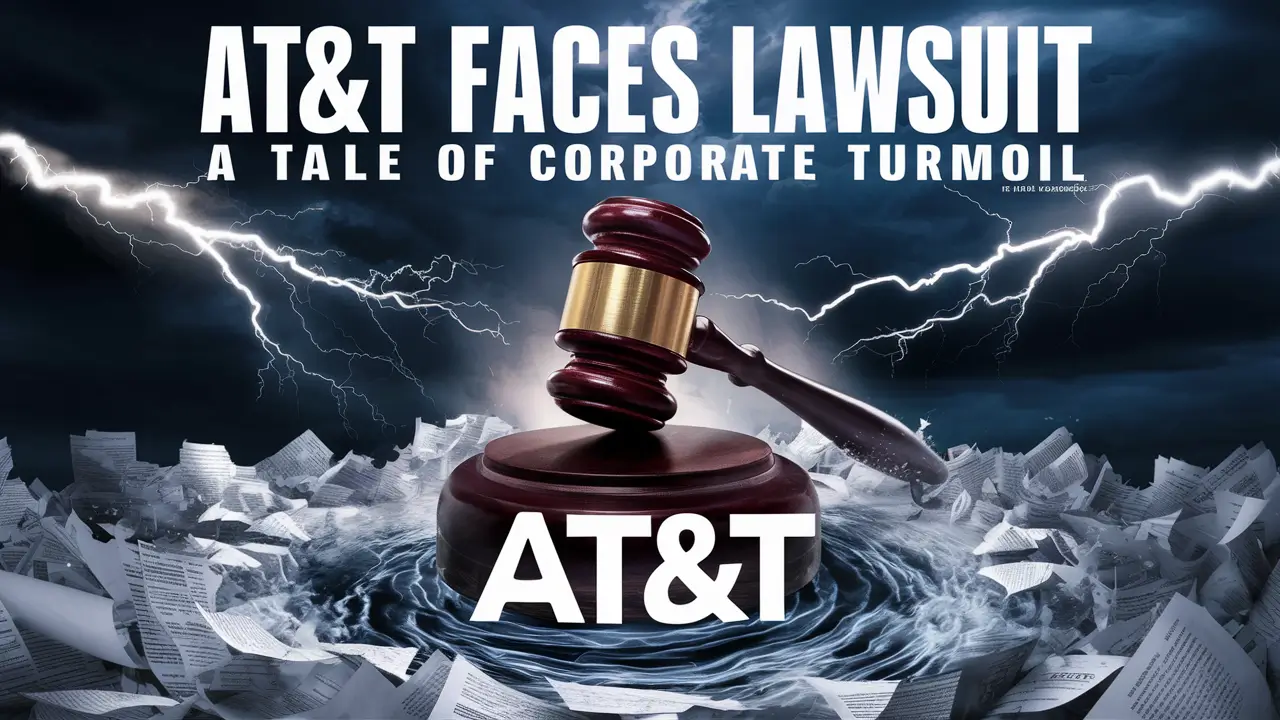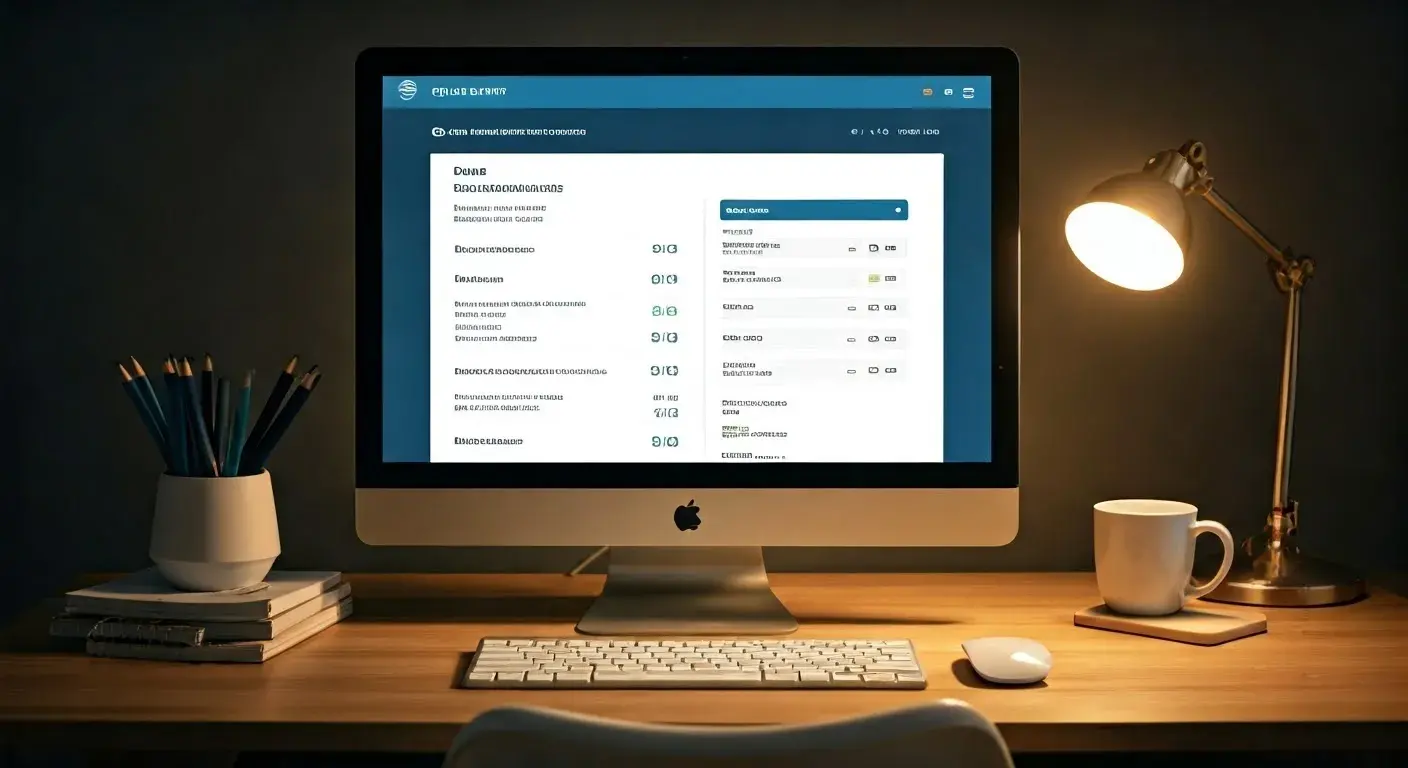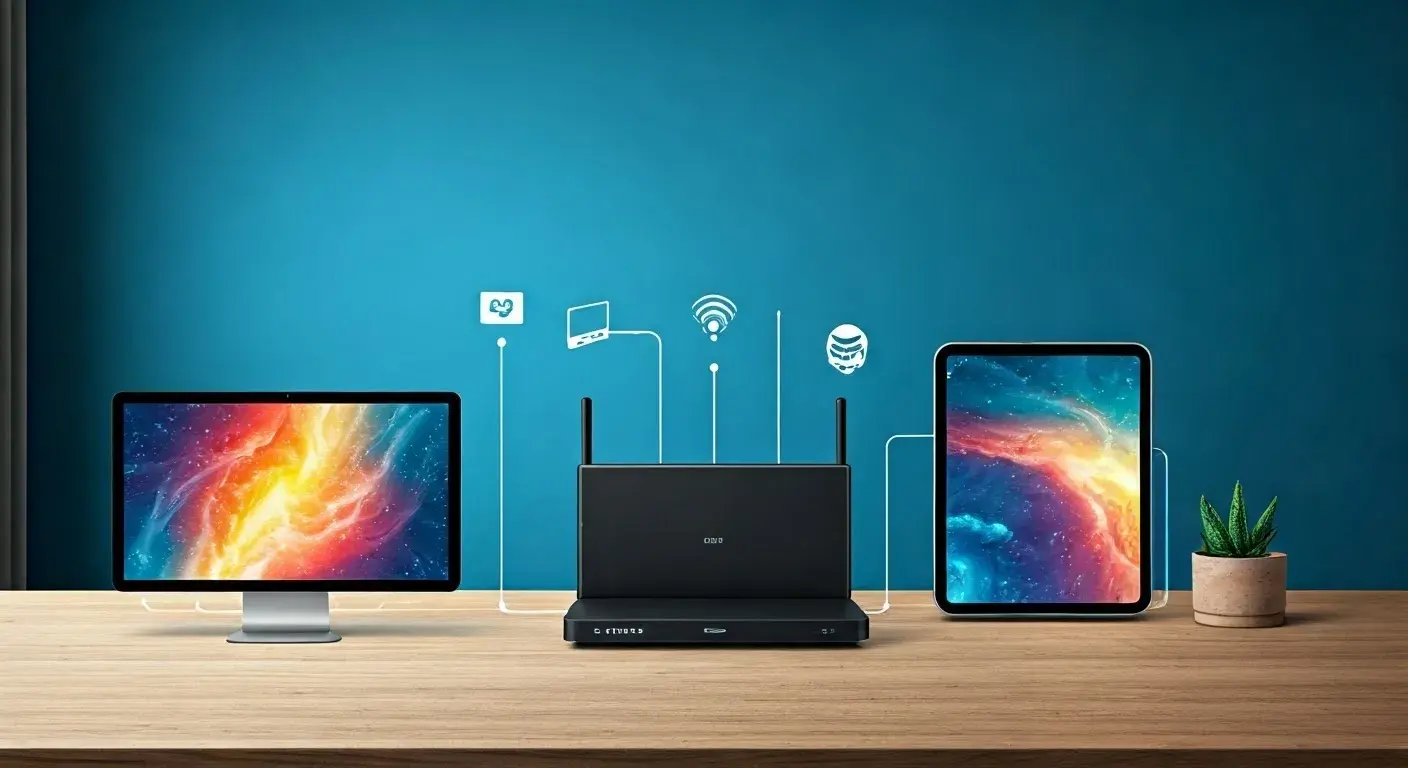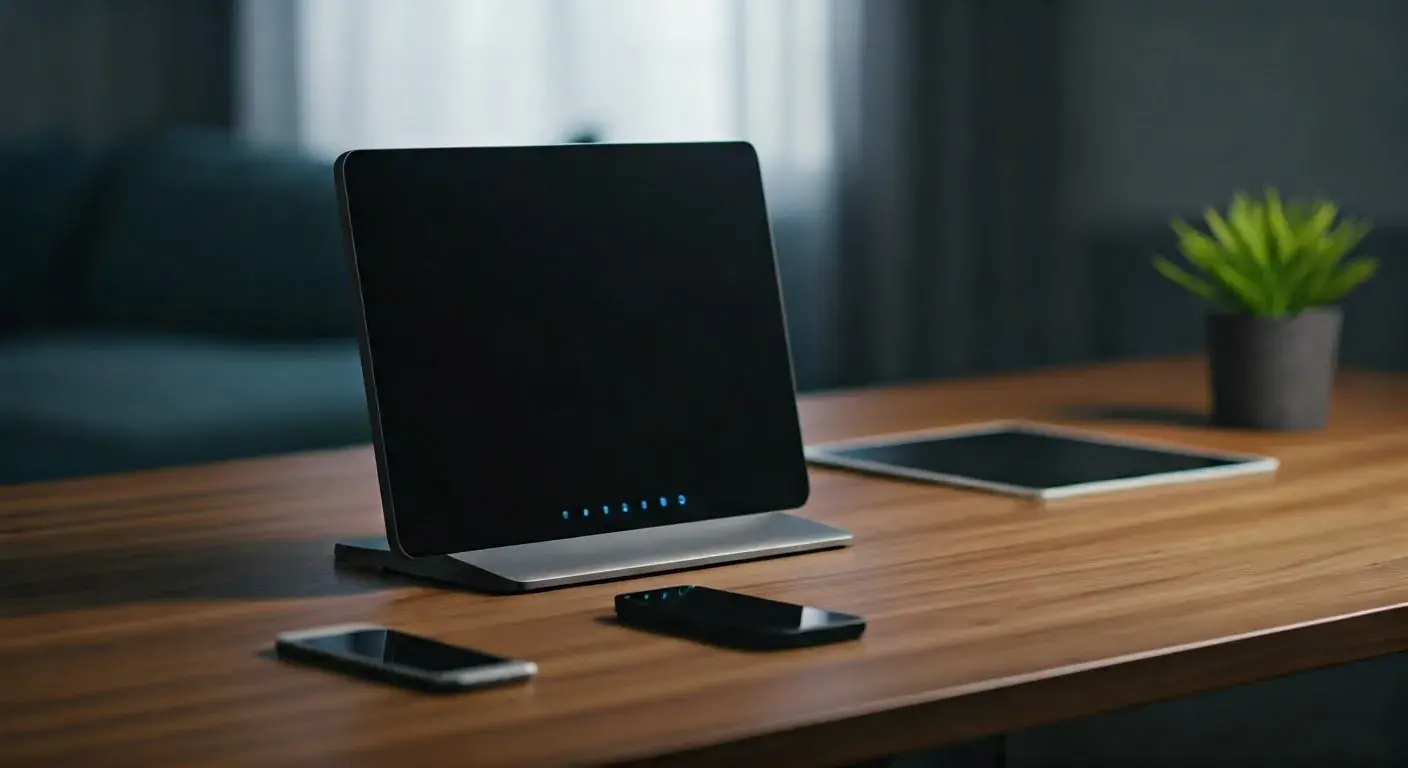Why did AT&T get sued?

In the past few years, the company has been involved in several lawsuits concerning different aspects of the company operations. Here is an overview of some of the major lawsuits AT&T Internet has dealt with and why the company was sued in each case.
Data Throttling
The Federal Trade Commission (FTC) complained against AT&T in 2014 for this behavior of deceiving consumers who subscribed to an "unlimited data plan," yet their internet speed was slowed down once they consumed a certain amount of data. Since the consumers were not receiving the high-speed data promised under the contract, the FTC declared this was dishonest business behavior. AT&T settled the legal lawsuit outside of a courtroom.
Exclusivity Agreements
AT&T, being a telecommunications company, has been in trouble with the law and lawsuits due to offering exclusive deals with phone makers. In 2009, AT&T was identified as a class action lawsuit where it was accused of committing a cartel agreement with Apple, where the company agreed to be the only service provider offering iPhone services in the US for five years. The case concerned the actions that limited competition and innovation and negatively impacted the consumer. AT&T returned in 2017 after the policies were altered.
Cramming
Specifically, AT&T is alleged to have engaged in a practice called “cramming,” where it not only permitted third-party firms to charge customers for services they never requested but also actively participated in the process. The following year, in 2014, AT&T also faced cramming charges and had to reach a settlement with the FTC involving the refund of $105 million to the consumers. Another significant shift in practice was the reform of billing policies to provide clearer information on third-party charges to avoid such unauthorized fees in the future.
Overcharging Government
In the same year, AT&T agreed to pay $25 million in a case where the company was accused of overcharging two Florida state government agencies for long-distance calling services. The federal and state governments had sued AT&T under whistleblower protection. The lawsuit alleged that the company had violated its contractual pricing policies with the agencies and had charged them exorbitantly for five years. Some critics argued that it was an example of overcharging government customers in an anti-competitive telecom sector.
NSA Spying Partnership
In 2015, more than a dozen customers sued AT&T alleging that the company violated the privacy laws by handing over to the NSA bulk metadata and the call records of its US customers for spying purposes. The backlash was the result of Snowden’s leak of NSA spying in 2013. While Congress later gave companies retroactive legal protection regarding their cooperation with the NSA, AT&T continued to suffer negative implications and criticism for being complicit in what many regarded as government spying on Americans without probable cause.
Failed Acquisitions
The DOJ has several times frustrated AT&T’s bid to acquire other large media and telecom firms based on antitrust and competition concerns. In 2011, AT&T pulled out from a deal it entered into with T-Mobile to acquire the latter after federal regulators threatened to sue the company, stating that the proposed merger was likely to result in a duopoly that is capable of proffering prices that would be detrimental to consumers.
Earlier in 2016, another big merger of $ 40 billion between the UK’s Royal Dutch Shell and the US’s BG Group was also challenged by the Justice Department, and in 2017, AT&T's $85 billion deal to take over entertainment giant Time Warner Corporation was also sued by the Justice Department. The government lawyers claimed that merging a content giant and distributor would cause an increase in prices as well as a reduction in choices for buyers. While AT&T was the victor in that court fight, the experience illustrated the legal challenge for further aggressive growth through major mergers by AT&T still raises significant concerns under competition laws.
Intellectual Property Issues
The company has also been involved in several Patent litigations concerning patents and new technologies. For instance, in 2012, AT&T sued Apple for patent infringement due to Apple allowing FaceTime video calling by iPhones over cellular networks rather than WiFi only. According to AT&T, it had the right to IP royalties because it funded the technological advancement of mobile video calls. The complex case was dropped by both sides following alterations to iOS and the removal of the core patent assertions.
Furthermore, AT&T has been involved in several class action legal cases where the firm is accused of spying on its customers by gathering personal information from the cable TV service, U-verse, to deliver third-party ads to viewers in breach of eavesdropping and wiretapping laws across the United States. More tech firms are now experiencing the same thing as smart TV tracking and media-based ad targeting models emerge.
In conclusion, AT&T has been through recent high-profile lawsuits addressing a broad range of issues in the company’s mobile, broadband, advertising, and media marketing. Major legal issues included anti-competitive conduct, consumer privacy infringement, increased subscription fees, misleading commercial conduct, and unlawful affiliations. As the future unfolds, it appears that both legal regulation and court decisions should limit some of the most unscrupulous strategies and billing practices applied by AT&T. Still, the telecom colossus has enough clout to fight most legal battles and gradually bend the regulatory curve in its favor across the markets where it operates.
Upgrade to faster, more reliable AT&T Fiber Internet today! Call us at +1 844-905-5002 and get connected with speeds that keep you ahead.





